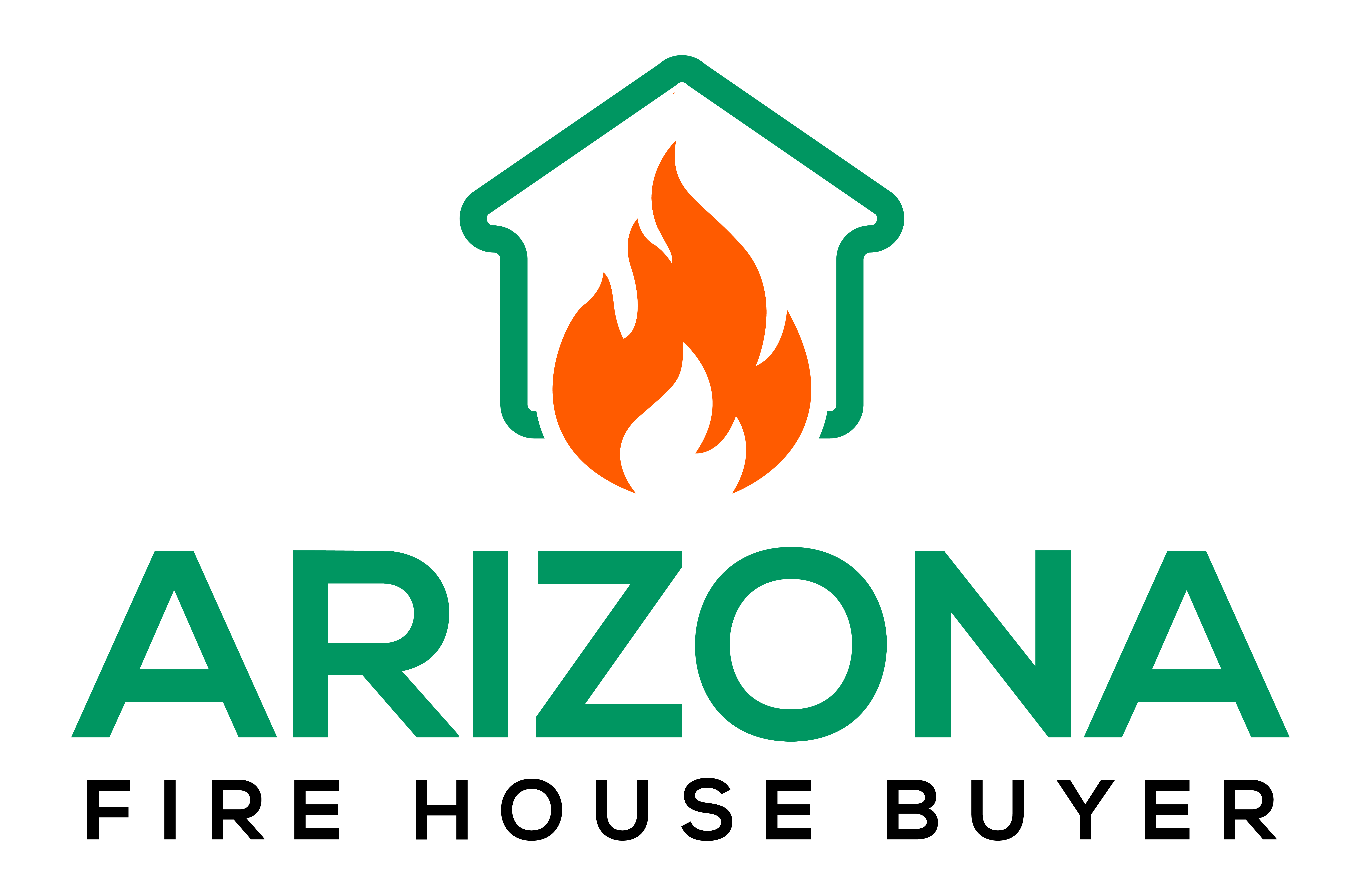Selling A House With Fire-Damaged In Phoenix
I buy fire damaged houses in Phoenix cash as is, get a fair offer today
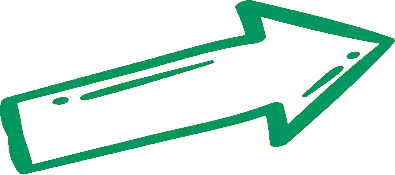

We’ll Give You A No Pressure As-Is Cash Offer in 24 Hours
We’re Local, Can Close in 10 Days, Fast Cash




How To Sell A Fire Damaged House As Is In Phoenix
Looking to sell your house as-is in Phoenix? Whether you’re in Arcadia, Maryvale, or Ahwatukee, our simple 3-step process gets you a free offer and cash in your account in as little as 7 days—or on your timeline. Want a faster sale? Let Sell Fire Damaged House Phoenix make it easy!


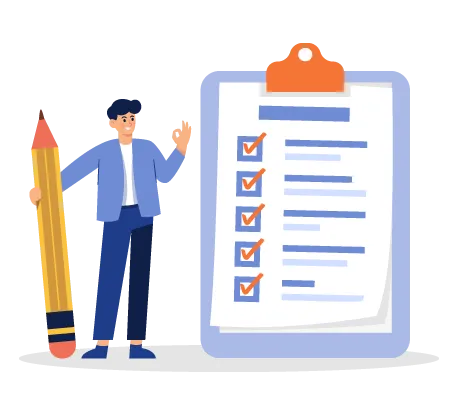
Fill Out Form
Fill out our form and we’ll get started on your free offer! No obligations.



Receive Cash Offer
We’ll research your property and call you with our fair offer in cash!


You Get Paid!
Money in your bank account at closing. As quick as 7 days!
Sell Your House Fast After a Fire
Selling your fire-damaged home in Phoenix is easy. Whether you’re in Encanto, Desert Ridge, or South Mountain, our stress-free process lets you move forward quickly and focus on what matters most.
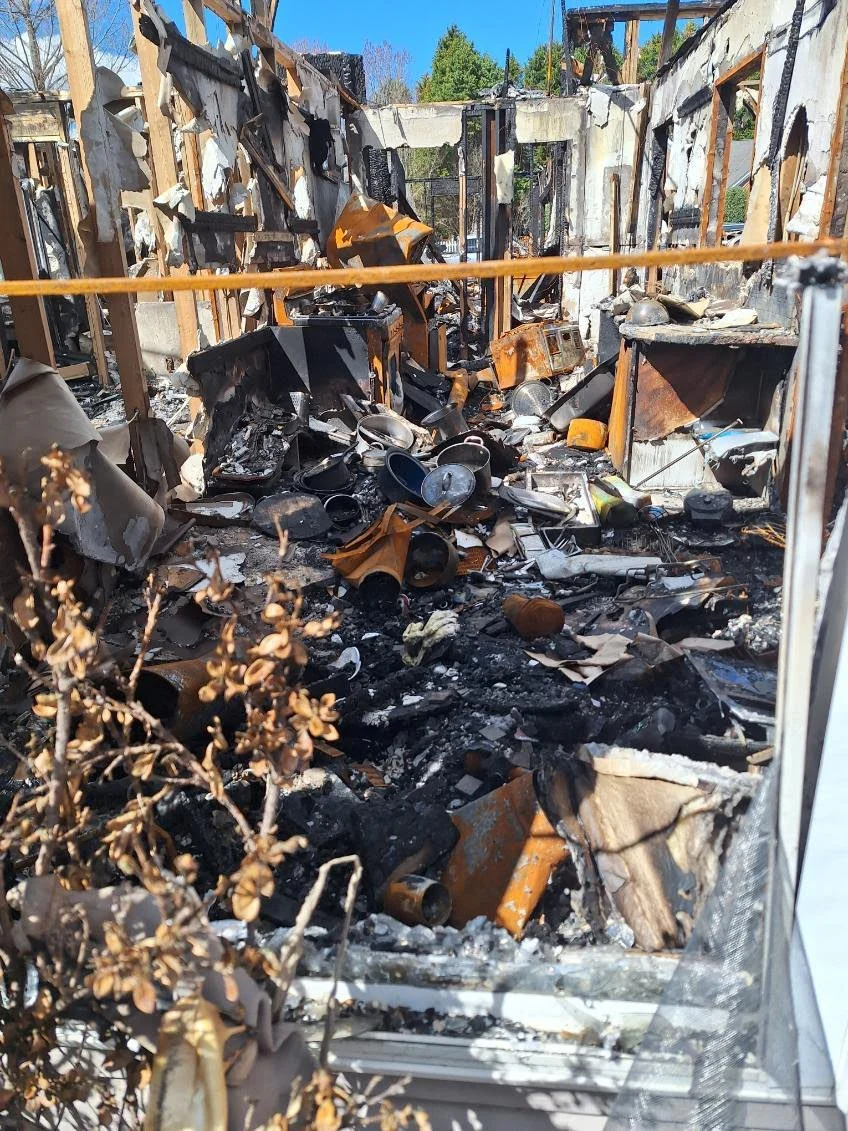
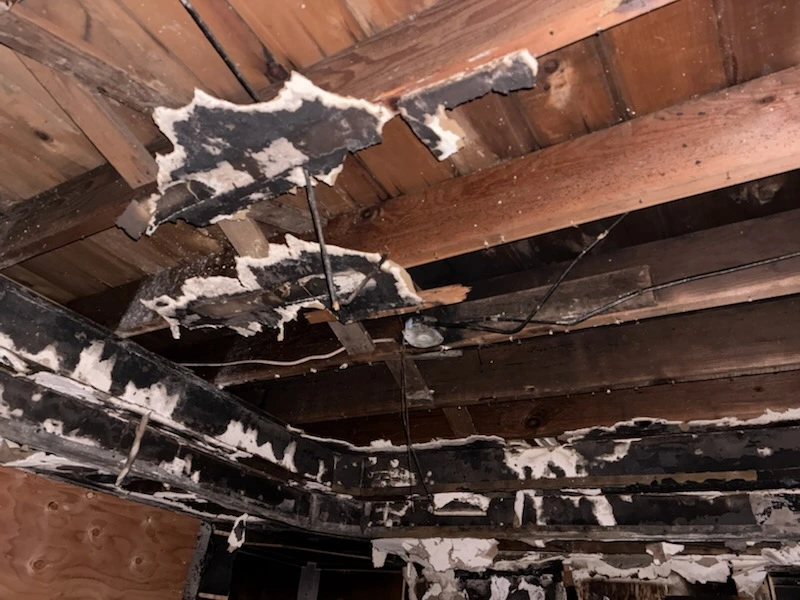
How To Sell A Burned Down Fire Damaged House In AZ
- We Buy Fire Damaged Homes
- Selling a fire-damaged house in Phoenix requires weighing the pros and cons of various options, such as selling as-is or repair and listing.
- It is important to consult a fire damage restoration contractor to properly assess the damage and estimate repair costs in order to accurately price a house with fire damage.
- In Phoenix, it is recommended to disclose fire damage when selling your property in order avoid potential legal disputes & financial liabilities.
We Buy Fire Damaged Homes As Is
We buy homes as-is throughout Phoenix, from Sunnyslope to Laveen and Arcadia. Skip MLS listings, showings, inspections, and realtor fees. No matter your situation—financial stress, probate, or just wanting a hassle-free sale—we make selling your Phoenix home quick and easy.
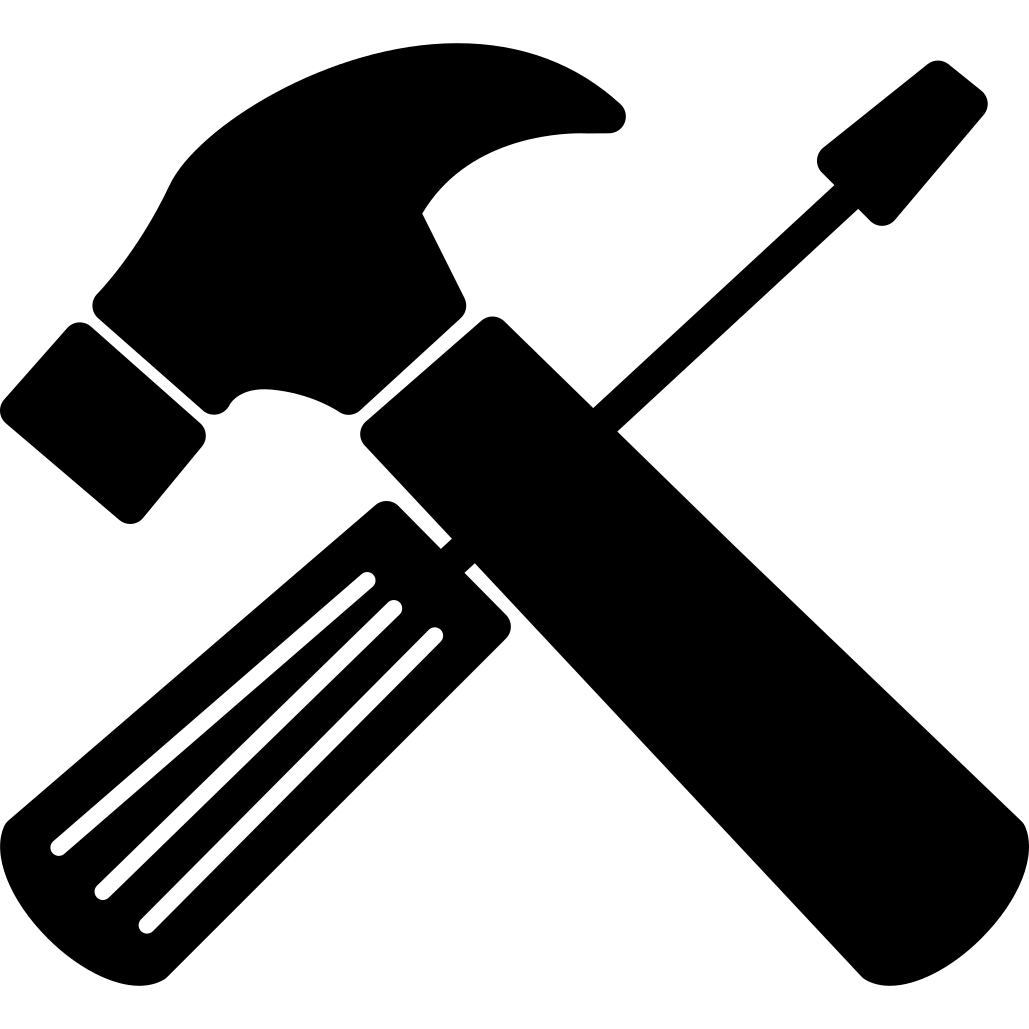
No Home Repairs
Selling your house as is means we take care of all the hassles!

No Agents
Skip paying for agent commission. We make home sales simple!

No Fees
Not only do we have NO agent or iBuyer fees, we cover closing costs!

Fast Closing
Sell your home in 7 days or on your timeline! We buy homes fast.

No Obligations
Take it or leave it. Our free cash offers come with no obligations.

Hassle Free
No agents. No inspection. No delays. We buy real estate as-is for cash!
Can I Sell A Fire-Damaged House In Phoenix?
Although selling a fire-damaged house in Phoenix is possible, it comes with its own set of challenges. The market value of the property is likely to be affected by the damage caused by the fire. This means that selling at a desirable price may be difficult. Additionally, potential buyers may be more inquisitive and cautious when considering such properties.
When selling your fire-damaged house in Phoenix, you can either restore it or sell it as-is. If you decide to restore the property, you may face high repair costs and a lengthy rebuilding process. On the other hand, selling as-is can save you time and money, but may result in a lower selling price. Regardless of your decision, honesty about the damage and required repairs is critical.
Sell Fire Damaged House Phoenix!
If a simple home sale that closes on your schedule sounds like what you need, come check us out. You can request a free quote for your house by filling out our form below!
We’ll Give You A No Pressure As-Is Cash Offer in 24 Hours
We’re Local, Can Close in 10 Days, Fast Cash
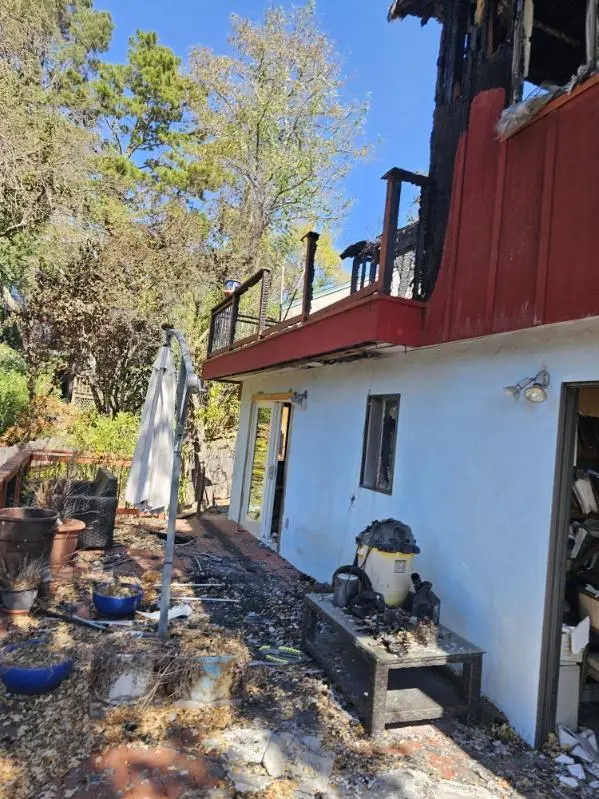
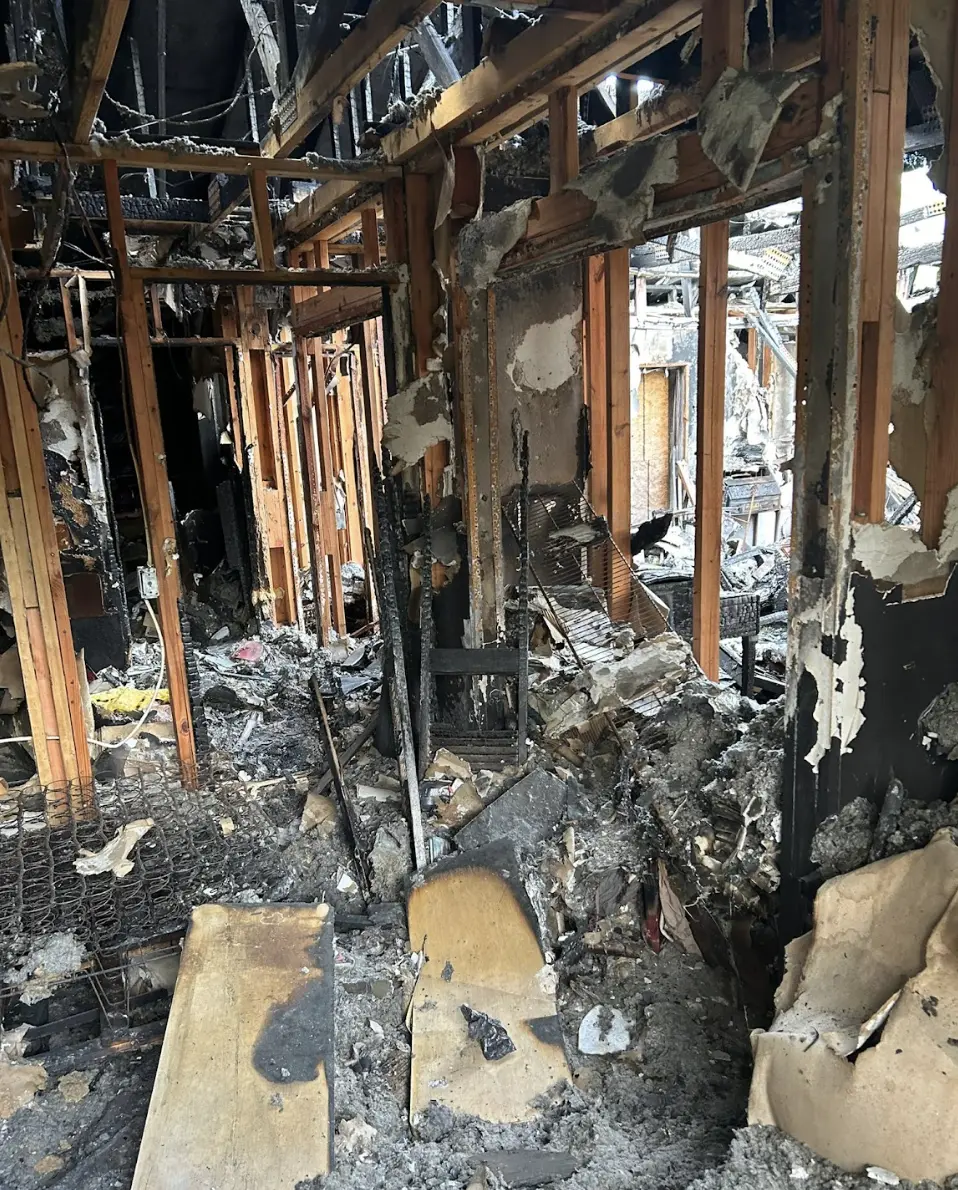
The City of Phoenix’s official site states there are currently 58 fire stations and 9 battalions. This discrepancy with other sources may be due to differences in reporting or updates following new station openings.
The cost of fire restoration in Phoenix varies widely depending on the extent of the damage, the size of the property, and the specific services required. Here are key details:
Average Costs
- Nationwide averages for fire restoration range from $4 to $7 per square foot, which applies to Phoenix as well.
- Restoration costs for a typical 1,000-square-foot home in Phoenix may start at $4,000 and go up to $7,000.
- For larger homes or extensive damage, costs can exceed $50,000.
Factors Affecting Costs
1. Extent of Damage:
Minor damage: $2,500–$5,000 (e.g., smoke cleanup and minor repairs).
Moderate damage: $10,000–$20,000 (e.g., soot removal and water damage repair).Major damage: $50,000+ (e.g., structural repairs and kitchen rebuilds).
2. Specific Services:
- Smoke cleanup: $200–$900.
- Soot removal: $1,400–$4,700.
- Water damage repair: $1,000–$4,600.
- Odor removal via ozone treatment or thermal fogging: $200–$600.
3. Location of Damage:
- Kitchen fires often cost more due to appliance and cabinetry replacement, ranging from $10,000 to $20,000 for restoration.
The cost of building a new construction home in Phoenix depends on several factors, including the size, materials, and level of customization. Here’s a breakdown based on recent data:
Cost Per Square Foot
- The cost to build a home in Phoenix ranges from $120 to $250 per square foot depending on the grade of construction (basic, mid-range, or luxury).
Average Total Costs
- For a 2,500-square-foot home, the total cost typically falls between $300,000 and $625,000, excluding land costs.
- For an average-sized home (around 3,000 square feet), the cost is approximately $490,000 in Phoenix.
Cost Breakdown
- Land Costs: $50,000–$200,000 depending on location.
- Permits: $1,000–$15,000.
- Foundation: $10,000–$25,000.
- Framing: $20,000–$50,000.
- Roofing: $160–$1,800 depending on materials.
- Interior Finishes: Costs for flooring, cabinetry, and countertops range widely depending on materials and quality.
The real estate market in Phoenix is experiencing a mix of stabilization and growth in 2025, reflecting both opportunities and challenges for buyers and sellers. Here are the key trends:
Current Market Overview
- Median Sales Price: As of February 2025, the median sales price in Phoenix is $455,000, a modest increase of 1.11% from the previous month and 3.41% year-over-year. In March 2025, the median price rose further to $470,000, up 3.5% compared to last year.
- Average Sales Price: The average sales price in February 2025 was $615,090.
- Price Per Square Foot: The average price per square foot for single-family homes is $309.80, while condos average $289.23.
Housing Inventory
- Inventory has increased significantly, with 7,602 homes for sale in March 2025—a 9.3% month-over-month rise. Compared to last year, listings have jumped by 45.6%, signaling a shift toward a more balanced market.
- Buyers now have more options across property types (e.g., single-family homes, condos, townhouses), which reduces competition and pressure to make quick decisions.
Market Dynamics
- Buyer-Seller Balance: Phoenix remains slightly below the balanced market threshold (6 months of supply), but rising inventory suggests it is moving closer to equilibrium.
- Days on Market: Homes are selling slower than last year, with an average listing age of 65 days in March 2025, up from 55 days a year ago.
- Sales Trends: In March 2025, 57.5% of homes sold below asking price, indicating better deals for buyers compared to previous years.
Luxury Market
- The luxury segment is thriving:
- Median prices for high-end properties have surged from $1.5M to $2M.
- Paradise Valley and Arcadia are seeing prices reach $2,000 per square foot.
- Cash buyers dominate this space, making mortgage rates less relevant for ultra-luxury homes.
Phoenix is a city filled with diverse attractions that cater to nature lovers, history buffs, and families alike. From stunning desert landscapes to engaging museums, here are some of the most well-known and must-visit city attractions in Phoenix.
Desert Botanical Garden
Located within Papago Park, this 50-acre garden is a haven for desert flora enthusiasts. Visitors can explore a vast collection of cacti and succulents, enjoy seasonal events like Las Noches de Las Luminarias, and take in the serene beauty of the Sonoran Desert. It’s perfect for those seeking a tranquil yet visually stunning experience.
Camelback Mountain
A favorite among hikers and outdoor enthusiasts, Camelback Mountain offers challenging trails and breathtaking panoramic views of Phoenix. Its unique camel-shaped silhouette makes it an iconic landmark for both locals and tourists.
Heard Museum
This museum is dedicated to the art and culture of Native American tribes from the Southwest. With immersive exhibits and authentic art pieces, it provides a deep dive into indigenous history and traditions.
Musical Instrument Museum (MIM)
This unique museum showcases over 7,000 instruments from around the world. It offers interactive exhibits where visitors can play instruments and learn about global music traditions, making it both educational and entertaining.
South Mountain Park and Preserve
As one of the largest municipal parks in the U.S., South Mountain Park offers scenic hiking trails with stunning views of Phoenix. It’s an ideal spot for sunrise or sunset viewing and provides opportunities for horseback riding as well.
Phoenix is home to a wide variety of neighborhoods, each offering unique characteristics and amenities. Here are some of the most notable neighborhoods in the city:
Popular Neighborhoods
1. Sonoran Foothills
- Known for its resort-inspired atmosphere, this neighborhood is ideal for families and retirees.
- Features spacious homes, excellent schools, and proximity to nature trails in the Sonoran Preserve.
2. Central City
- Phoenix’s urban core, popular among young professionals and students.
- Offers vibrant nightlife, cultural attractions, and diverse housing options.
3. Camelback East
- Combines urban convenience with access to outdoor activities like hiking Camelback Mountain.
- Attractive for families and professionals seeking a mix of city and nature.
4. Roosevelt Row
- A hub for artists and creatives, featuring colorful murals, galleries, and trendy restaurants.
- Known for its lively First Friday Art Walks.
5. Arcadia
- One of Phoenix’s most upscale neighborhoods, offering luxury homes and proximity to Camelback Mountain.
- Popular for its trendy dining spots and picturesque views.
6. Willo Historic District
- Features charming historic homes with architectural diversity.
- Close to downtown entertainment venues like Chase Field and Footprint Center.
7. Paradise Valley Village
- Renowned for its scenic surroundings and upscale homes.
- Offers excellent shopping at Desert Ridge Marketplace and Scottsdale Fashion Square.
8. North Mountain Village
- Known for its affordability and proximity to hiking trails in the Phoenix Mountains Preserve.
9. Ahwatukee Foothills
A quiet, family-friendly neighborhood near South Mountain Park.
Offers outdoor recreation and a strong sense of community.
10. Glendale
- Combines historic charm with modern amenities like sports arenas and entertainment districts.
- Popular among young professionals and families.
Sell My Fire-Damaged House in Phoenix: Fast Cash vs. Market
Fire damage can transform a cherished Phoenix home into an overwhelming challenge overnight. The mix of emotional distress and practical uncertainties often leaves homeowners wondering about their next steps. Fortunately, multiple pathways exist for successfully selling a fire-damaged property in the Grand Canyon State.
The Phoenix real estate market offers several viable solutions for homeowners facing this situation, from working with local cash buyers to exploring traditional listing options or considering property auctions.
Each path presents unique advantages, particularly when you understand the critical elements of property valuation, necessary safety assessments, and state-specific disclosure requirements. Local market conditions and repair cost factors play pivotal roles in determining the most advantageous selling strategy for your specific circumstances.
Immediate Steps After Fire Damage
When dealing with a fire-damaged house in Phoenix, quick and decisive action can make all the difference in your property’s eventual sale. I’ve helped numerous homeowners move through this challenging situation, and I’ve learned that these initial steps are absolutely crucial for protecting your investment.

Safety Assessment and Documentation
Your safety comes first – always wait for official clearance from the fire department before re-entering your property. Once you get the green light, grab your camera and start documenting everything.
Trust me, you’ll want clear photos and videos of all damaged areas. During my years working with fire-damaged properties, I’ve seen how this visual documentation becomes invaluable for:
• Insurance claims processing
• Buyer negotiations
• Property value assessments
• Restoration planning
Create a detailed inventory of every damaged item and structural issue you spot. Store all fire department reports and official documentation in a waterproof, secure container or digital cloud storage.
Insurance Claim Process
Don’t wait – contact your insurance company right away to start your claim. Having handled numerous fire damage cases, I can’t stress enough how important it is to maintain a paper trail. Keep records of:
• Every phone call (date, time, person you spoke with)
• Email correspondence
• Text messages
• In-person meeting notes
• Claim numbers and adjustor information
These records will prove invaluable when you’re ready to sell, as potential buyers and their insurance companies will want to review your claim history.
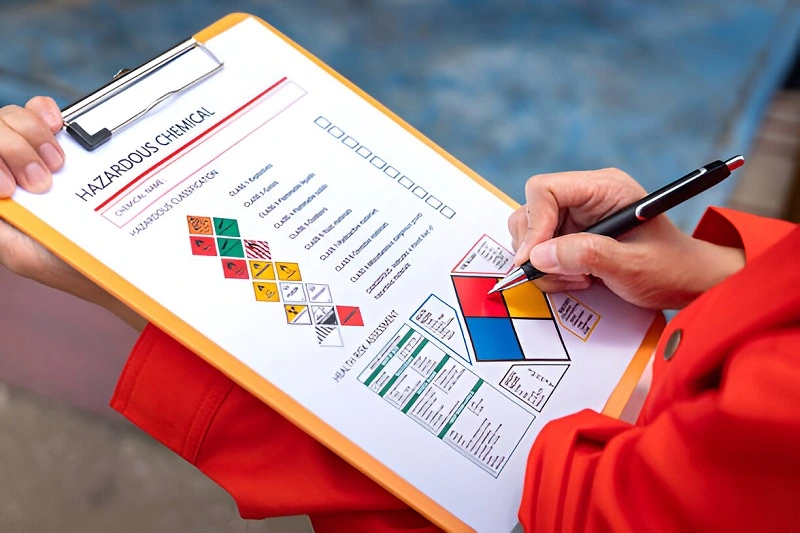
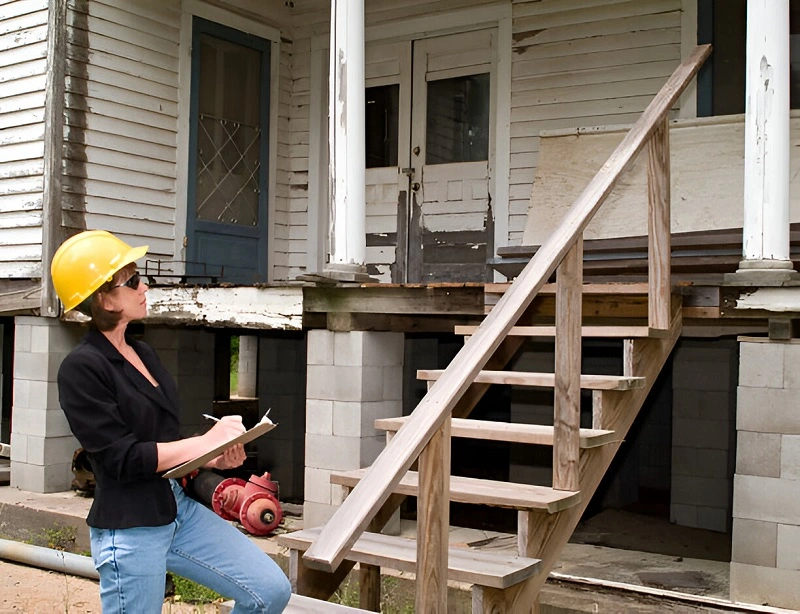
Professional Damage Evaluation
Bring in the experts for thorough inspections. You’ll need licensed professionals to evaluate:
• Structural integrity of walls, roof, and foundation
• Electrical system safety and functionality
• Plumbing and HVAC system damage
• Water damage from firefighting efforts
• Air quality and potential contaminants
• Smoke damage penetration
• Hidden damage behind walls and under floors
Temporary Property Protection Measures
Protecting your property from further damage is essential. I’ve seen too many houses suffer additional damage from exposure to the elements. Take these protective steps:
• Board up broken windows and doors
• Cover roof openings with heavy-duty tarps
• Secure all entry points with robust locks
• Remove valuable items and important documents
• Install temporary fencing if needed
• Place “No Trespassing” signs around the property
• Maintain regular property checks
Each step you take now helps protect your property’s value and demonstrates responsible ownership to potential buyers and insurance companies. Remember to photograph all protective measures you implement – this documentation shows your commitment to maintaining the property despite the circumstances.
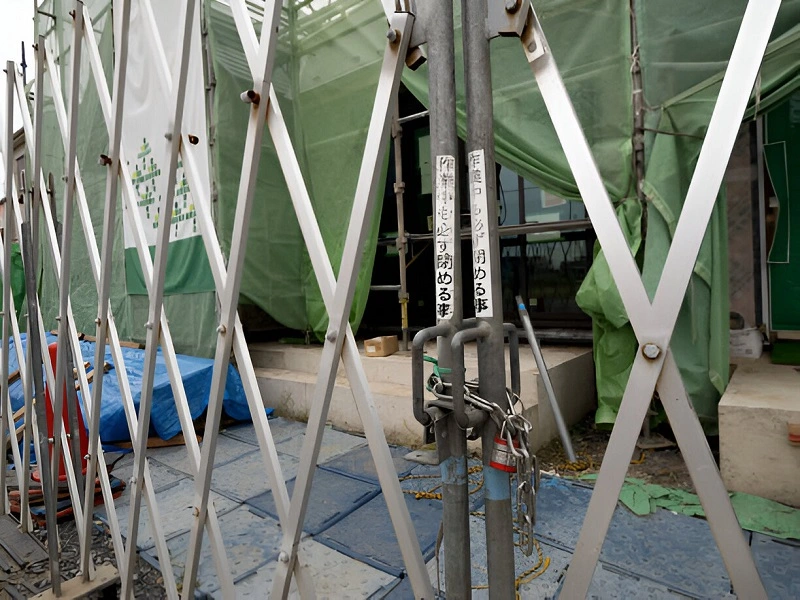
Property Value Impact Analysis
Fire damage creates a complex situation for Phoenix homeowners looking to sell their properties. I’ve worked with numerous property owners in similar situations, and I’ve found that understanding these value factors helps create realistic expectations and better decision-making.
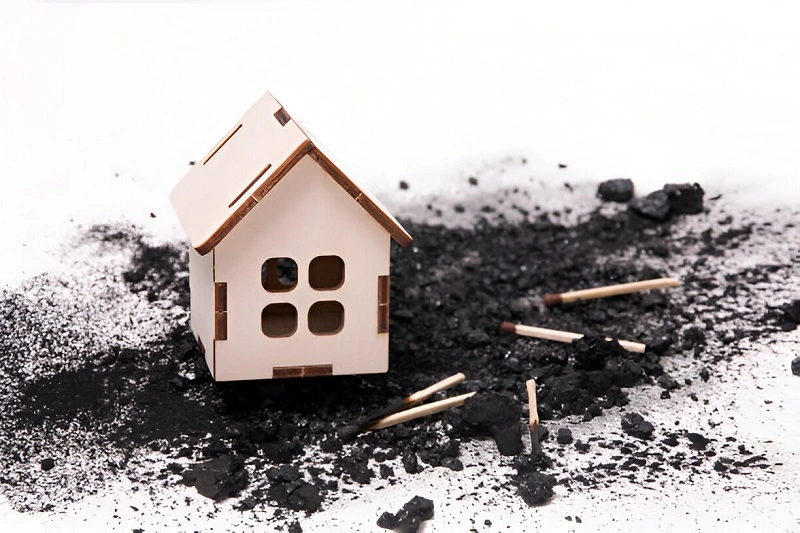
Factors Affecting Post-Fire Value
The impact of fire damage on your property’s value varies significantly based on several critical elements:
• Severity of damage (superficial vs. structural)
• Location of damage within the property
• Age of the property
• Pre-fire condition
• Quality of documentation
From my experience assessing damaged properties, structural issues typically lead to a 20-40% greater devaluation compared to superficial damage alone. The property’s pre-fire condition plays an equally important role – well-maintained homes often retain more value even after damage.
Cost Assessment Of Repairs
A thorough understanding of repair costs helps determine the best path forward. Here’s what professional contractors typically evaluate:
• Structural repairs and rebuilding costs
• Smoke and water damage remediation expenses
• Electrical and plumbing system repair requirements
• HVAC system replacement or repair needs
• Cosmetic improvement estimates
Phoenix’s unique market conditions influence these costs significantly. For instance, I’ve noticed that Phoenix metro area repair costs often run 15-25% higher than rural regions due to higher labor rates and material costs. Getting multiple contractor estimates provides the most accurate picture of your investment needs.
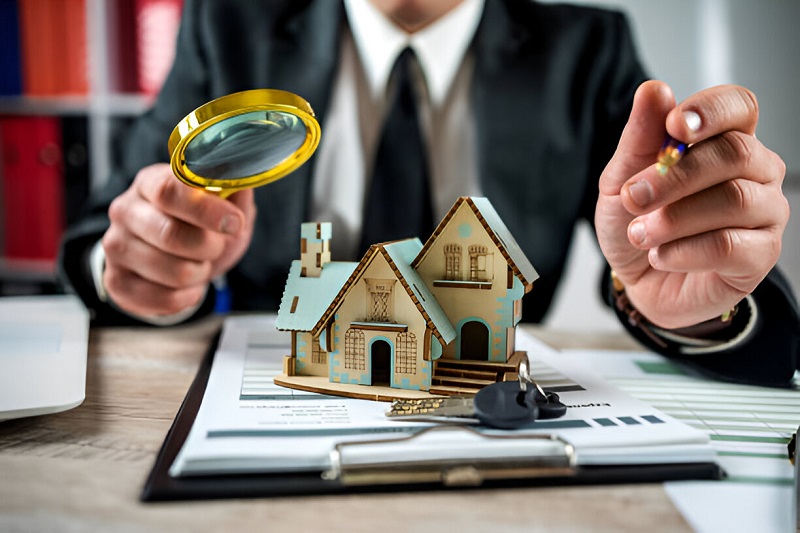
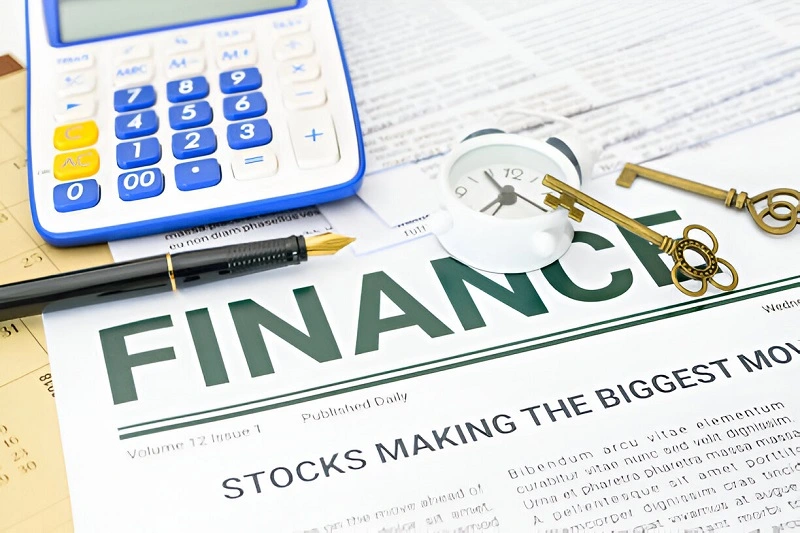
Market Value Considerations
Current Phoenix real estate trends play a crucial role in determining your property’s potential selling price. Strong seller’s markets can help offset some value loss from fire damage. Recent data shows that even damaged properties in prime locations can retain 60-80% of their pre-damage value in hot markets.
Key market factors include:
• Recent sales of similar damaged properties
• Current buyer demand in your area
• Available inventory levels
• Local investor activity
• Seasonal market fluctuations
Location-Specific Factors in Phoenix
Phoenix’s unique environment creates specific challenges and opportunities for fire-damaged properties. The dry climate can actually benefit restoration efforts by reducing secondary moisture damage, but it also means stricter fire prevention requirements for repairs.
Location-based value factors include:
• Local building codes and regulations
• Climate impact on restoration
• Neighborhood development trends
• Property demand by area
• Local investor market activity
Premium locations like Scottsdale or North Phoenix typically show stronger value retention, sometimes maintaining up to 70-80% of pre-damage value. Rural properties might experience more significant value impacts, but often attract investors specifically looking for renovation opportunities.

Selling Options in Phoenix
Regarding selling your fire-damaged house in Phoenix, I’ve found that homeowners have several practical paths forward. Having worked with numerous property owners in similar situations, I can tell you that each option brings its own unique benefits to the table.
Cash Buyers And Investors

Benefits Of Cash Sales
I’ve seen firsthand how cash buyers and real estate investors in Phoenix can make the selling process remarkably smooth. These specialists have extensive experience with damaged properties and typically purchase homes as-is, eliminating the need for costly repairs.
Companies like Sell My House 7 offer transparent transactions without commission fees or unexpected costs. Plus, their thorough understanding of local market conditions often translates to fair, straightforward deals.
Timeline And Process
From my experience, the cash buying process typically wraps up in 7-14 days. Here’s what you can expect:
• Initial property assessment
• Quick, no-obligation cash offer
• Simple documentation review
• Brief property inspection
• Flexible closing schedule
• Direct cash transfer at closing

Traditional Market Listing

Pros And Cons
I’ve helped many clients weigh the benefits of listing fire-damaged properties on the traditional market. While this route can potentially maximize your sale price, it’s important to understand both sides of the equation.
Advantages:
• Higher potential sale price
• Extensive market exposure
• Professional real estate guidance
• MLS listing visibility
Challenges:
Extended sale timeline (typically 30-90 days)
Real estate commission fees (5-6%)
Additional closing costs
More complex showing process
Stricter buyer financing requirements
Marketing Strategies
Having marketed numerous damaged properties, I’ve learned that successful traditional listings require strategic presentation. Focus on these key elements:
• Professional photos highlighting potential
• Detailed property history documentation
• Emphasis on location and lot value
• Clear disclosure of damage extent
• Showcase of unique architectural features
• Virtual tours for remote buyers

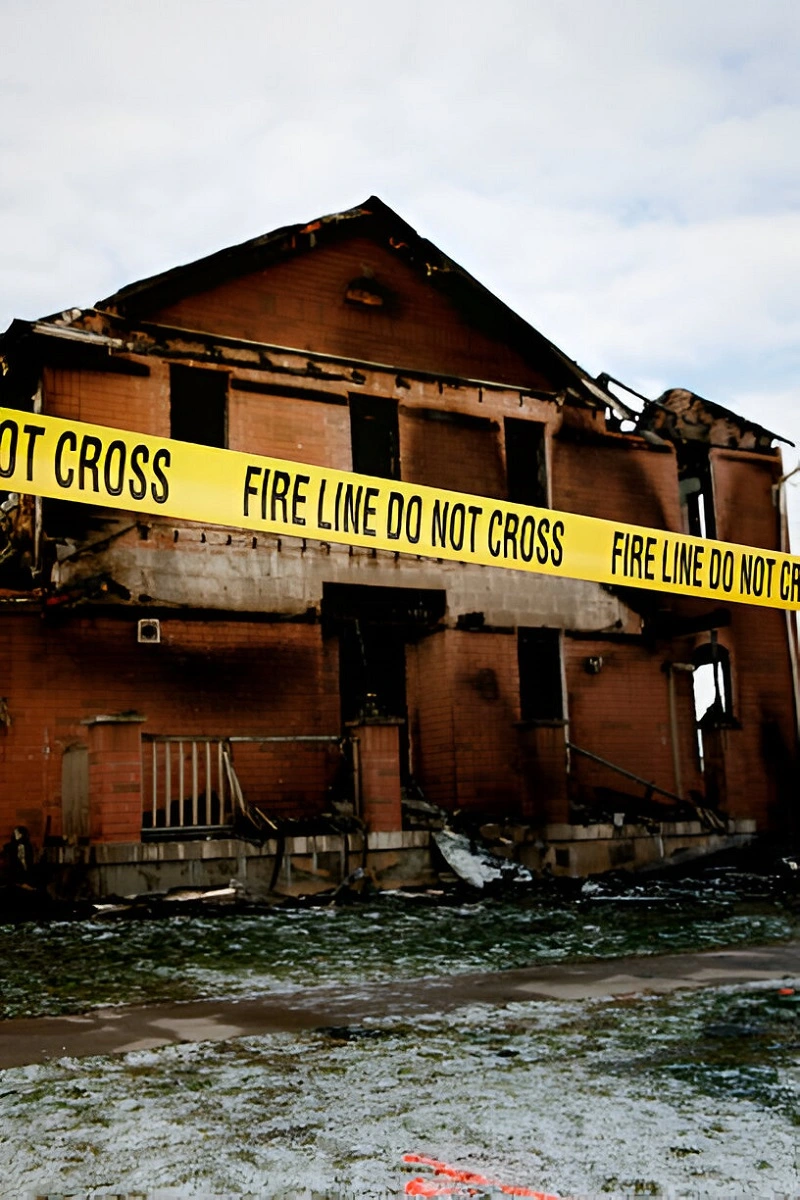
Auction Possibilities
In my experience, auctions have become an increasingly popular option for selling fire-damaged properties in Phoenix. Modern auction platforms combine traditional competitive bidding with digital accessibility, creating an efficient marketplace for renovation-ready properties.
A typical auction process includes:
• Detailed property assessment
• Strategic marketing campaign
• Targeted buyer outreach
• Set auction date and terms
• Live competitive bidding
• Accelerated closing timeline
Your choice among these options should reflect your specific circumstances. Consider your timeline, financial needs, and comfort level with different selling processes. From what I’ve seen, success comes from matching your situation with the right selling strategy, whether that’s a quick cash sale, traditional listing, or flexible auction environment.
Legal Requirements And Disclosures
Exploring the legal aspects of selling a fire-damaged house in Phoenix can feel challenging, but I’ve helped numerous homeowners through this process. Let me share what you need to know about protecting yourself and ensuring a successful sale.
Phoenix Disclosure Laws
As someone who’s worked extensively with Phoenix real estate, I can tell you that our state takes property disclosures seriously. You’re legally required to share all known material facts about your fire-damaged property. Here’s what you must disclose:
• Complete details about how the fire started and its spread
• A thorough assessment of the fire’s impact on the property
• Every repair you’ve completed and those still pending
• Any structural concerns resulting from the fire damage
• The full extent of smoke damage and water damage from firefighting efforts
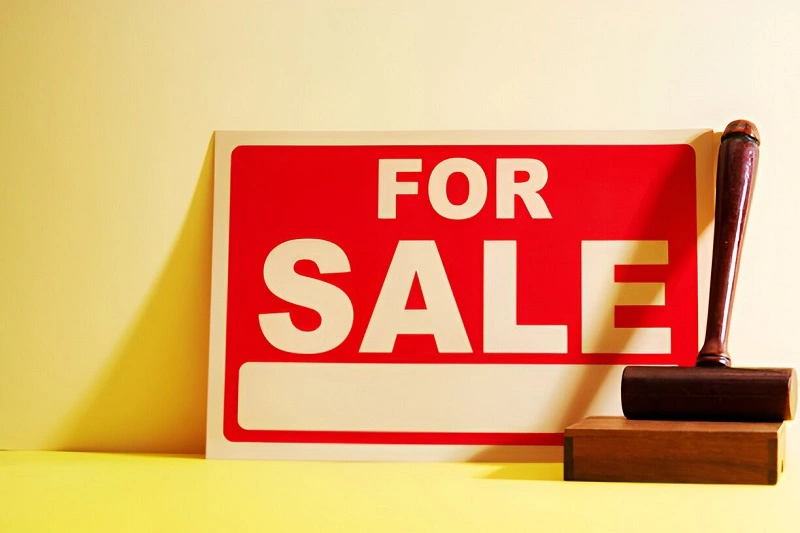
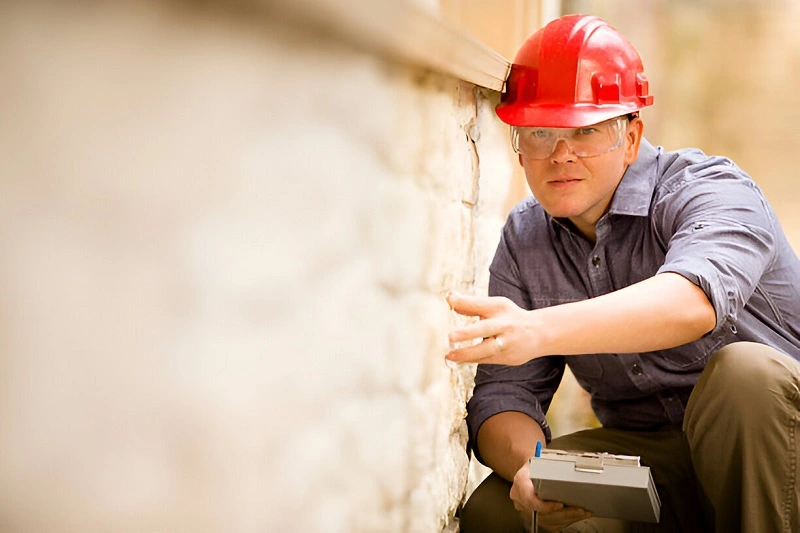
Documentation Requirements
Think of documentation as your safety net—it protects you and gives buyers confidence in their purchase. Here’s your essential document checklist:
• Official fire department reports with incident details
• Detailed professional inspection assessments
• Detailed contractor estimates and repair receipts
• Valid building permits and restoration certificates
• Results from environmental testing for smoke residue
• Before-and-after photos showing damage and repairs
Insurance Claim Implications
I’ve seen how insurance claims can make or break a property sale. Here’s what you need to handle:
• Keep careful records of all insurance communications
• Document every penny received from insurance settlements
• Be upfront with buyers about any pending insurance claims
• Factor insurance payouts into your pricing strategy
• Understand your responsibilities regarding insurance benefit transfers
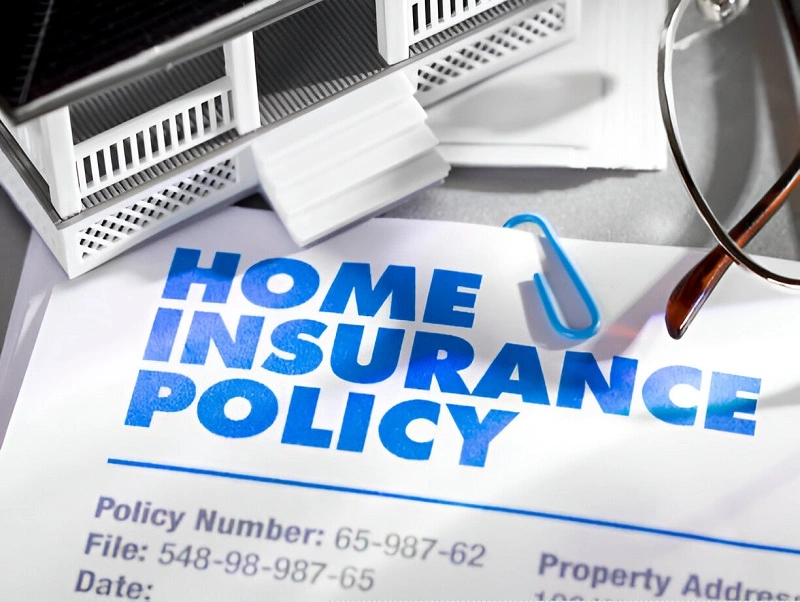
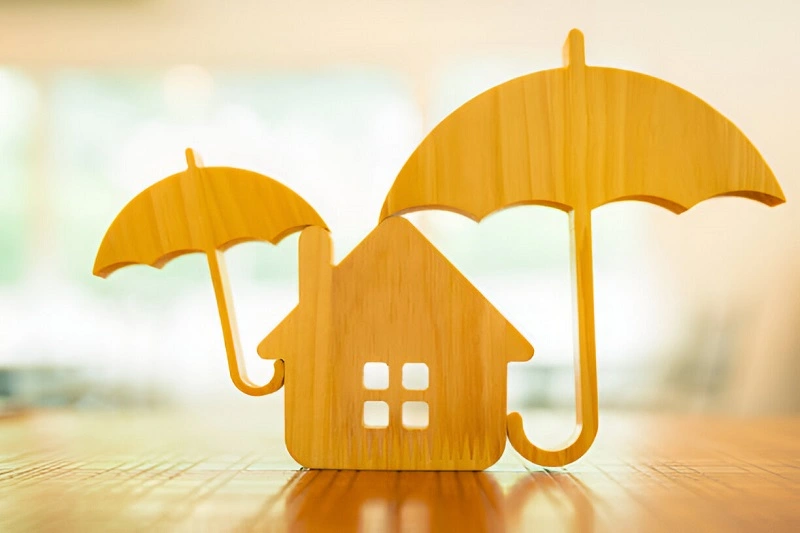
Buyer Protection Measures
Creating trust through transparency makes all the difference in selling a fire-damaged property. Focus on these key protection steps:
• Provide crystal-clear written disclosure statements
• Give buyers generous inspection windows
• Keep communication channels open about property limitations
• Document every agreement about repairs and pricing
• Maintain up-to-date permits and inspection certificates
Full disclosure isn’t just about meeting legal requirements—it’s about building trust with your buyers. From my experience, working with professionals who know Phoenix’s property damage regulations inside and out can make your sale process significantly smoother while protecting your interests every step of the way.
Maximizing Sale Potential
I’ve helped numerous homeowners explore the intricate process of selling fire-damaged properties in Phoenix, and I’ve learned that success lies in strategic planning. Let me share some proven approaches that can help you optimize your property’s sale potential and secure a favorable deal.
Price Setting Strategies
Finding the right price for a fire-damaged property is like solving a puzzle – you need all the pieces to fit perfectly. Start by determining your property’s pre-damage value, then subtract repair costs while considering current Phoenix market trends.
I’ve found that consulting with local real estate investors who specialize in damaged properties provides invaluable insights into realistic market values. They can help you set a price that’s both competitive and attractive to serious buyers.

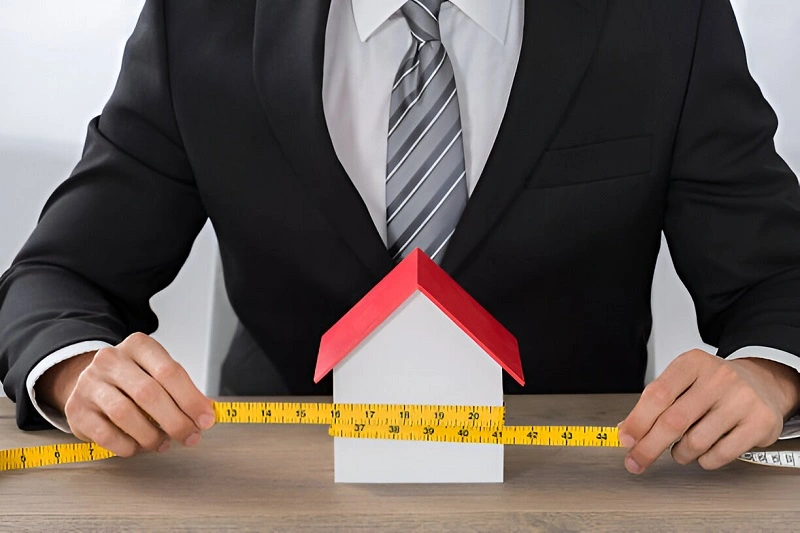
Property Presentation Tips Measures
Despite fire damage, first impressions still matter tremendously. Here’s what I recommend focusing on to showcase your property’s potential:
• Maintain a clean, debris-free yard with regular upkeep
• Clean and organize all accessible areas thoroughly
• Ensure basic functionality with working lights and utilities
• Create a detailed repair documentation portfolio
• Highlight salvageable features and future possibilities
• Take professional photos of the property’s best angles
Negotiation Considerations
Selling a fire-damaged property requires a unique negotiation approach. Here’s what you’ll need to succeed:
• Transparent damage assessment reports and professional evaluations
• Flexible pricing strategies, especially for cash buyers
• Creative solutions like repair cost-sharing arrangements
• Complete documentation supporting your asking price
• A clear understanding of your minimum acceptable offer
• Open communication about property potential

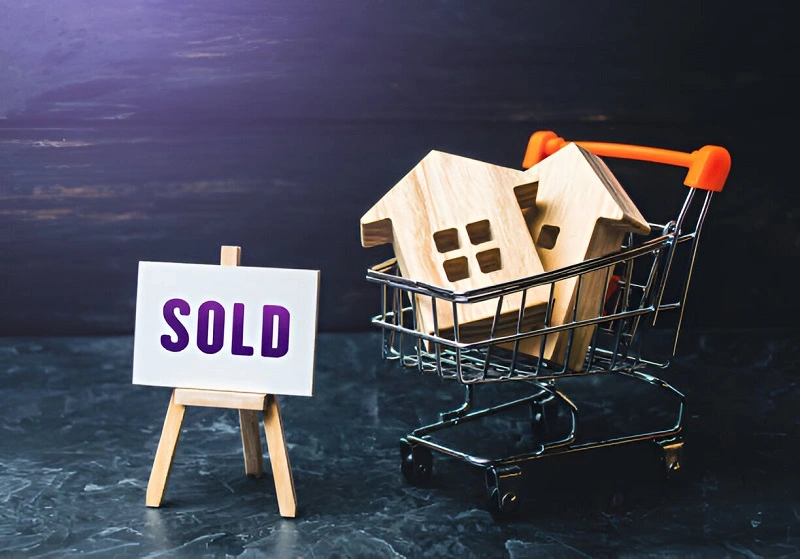
Timing The Sale
Smart timing can make a significant difference in your sale outcome. I’ve seen these factors consistently influence success:
• Phoenix’s current real estate market conditions
• Local seasonal buying patterns and trends
• Urgency of necessary repairs
Insurance settlement status
• Neighborhood development plans
• Market demand in your specific location
Working with cash buyers and real estate investors often proves most beneficial for fire-damaged properties. These buyers typically purchase homes as-is and can close quickly without traditional financing delays. From my experience, this approach frequently results in faster sales while still securing fair market value for your property.
Frequently Asked Questions
The timeline for selling a fire-damaged house varies significantly based on your chosen path. I’ve found that cash buyers and real estate investors typically close within 7-14 days, offering the quickest solution. Traditional market listings generally take longer, often 2-4 months, since buyers usually need financing approval and might request extensive inspections to assess the fire damage thoroughly.
Your financial situation and timeline will guide this important decision. From my experience working with property owners, selling to cash buyers or investors eliminates the need for repairs since they purchase homes as-is. However, if you have solid insurance coverage and aren’t in a rush, making strategic repairs could boost your property’s value. I always recommend getting multiple professional estimates to weigh the potential return on investment before committing to repairs.
Success in selling a fire-damaged property requires thorough documentation, including:
• Fire incident report from local authorities
• Insurance claim documentation and settlement papers
• Professional damage assessment reports
• Repair estimates or completed work invoices
• Standard property sale documents
• Detailed photographs of damage and any completed repairs
Maintaining organized records helps ensure a smooth transaction and meets Phoenix’s disclosure requirements.
Success in selling a fire-damaged property requires thorough documentation, including:
• The full extent of fire damage
• All completed repairs and their documentation
• Any ongoing issues or concerns
• Insurance claim outcomes
• Professional assessment findings
Being transparent isn’t just legally required – it helps build trust with buyers and prevents future legal complications.
Finding trustworthy cash buyers requires careful research and due diligence. Look for companies that:
• Maintain an A+ Better Business Bureau rating
• Have positive local reviews and testimonials
• Demonstrate extensive experience with fire-damaged properties
• Offer free, no-obligation cash offers
• Provide clear documentation and transparent processes
Companies like Sell My House 7 specialize in purchasing fire-damaged properties throughout Phoenix. Always verify credentials and read recent customer experiences before moving forward with any agreements.
What You Should Do After A House Fire In Phoenix
In the aftermath of a house fire in Phoenix, immediate actions are crucial to address the situation. Here are the steps you should take:
Quick Checklist
1. Contact the fire department for a report.
2. Speak with your insurance company to assess any damage.
3. File an insurance claim.
4. Adhere to legal disclosure requirements when selling a fire-damaged house in Phoenix.
Depending on your decision to repair or sell the fire-damaged house, you will need to:
1. Assess the damage
2. Contact insurance
3. Obtain multiple quotes
4. Budget for unexpected expenses
5. Work with insurance to get your payout
6. Complete repairs
7. List on the market
Collaborating with an adjuster can assist in evaluating damage and repairs and guarantee an equitable settlement when submitting a fire insurance claim.
Sell Your House After A Fire For Cash in Phoenix Today
I’ve helped numerous homeowners sell fire-damaged properties in Phoenix, and I can tell you firsthand – it’s more manageable than you might think. While the situation may feel overwhelming, you have several practical options to get your property sold:
• Work with cash buyers for a quick, straightforward sale
• List on the traditional market after completing repairs
• Partner with investors who specialize in damaged properties
From my experience, success starts with proper documentation and professional damage assessment. I always recommend getting a detailed inspection report – it’s invaluable for negotiations and helps satisfy Phoenix’s disclosure requirements.
Here’s something interesting I’ve learned: many investors actively seek out fire-damaged properties. They have the expertise and resources to handle extensive repairs, often making competitive cash offers. Just last month, I worked with a Phoenix homeowner who received three solid offers within days of reaching out to local investors.
The bottom line? Fire damage doesn’t have to be a roadblock to selling your home. With proper documentation, the right partners, and a clear understanding of your options, you can successfully work through this challenge. I’ve seen countless homeowners turn this difficult situation around and move forward with confidence.
Sell Fire Damaged House Phoenix!
If a simple home sale that closes on your schedule sounds like what you need, come check us out. You can request a free quote for your house by filling out our form below!
We’ll Give You A No Pressure As-Is Cash Offer in 24 Hours
We’re Local, Can Close in 10 Days, Fast Cash
